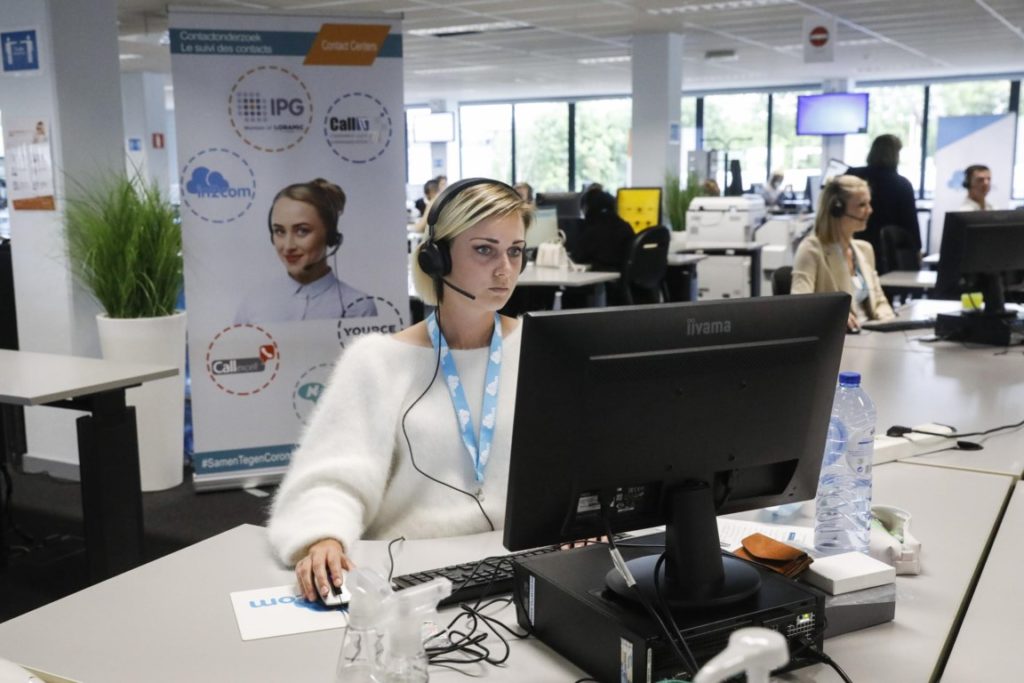Three regions in Belgium are allowed to start their own contact research to tackle the coronavirus, De Standard reports on Tuesday.
Flanders counts 60 so-called 'first-line' zones where the aim is to provide "an effective and qualitative first line where the citizen is central and that is accessible to everyone," it says on the website for first-line zones.
One of the three first-line zones involved is in Mechelen and two in West Flanders. In addition, the central contact tracing system continues to exist and there is a system that combines central and local research.
Local authorities and circles of general practitioners had been eager to take over contact tracing, but the government refused this for a long time.
Related News
- Quarantine or isolation: what is the difference?
- Brussels ramps up contact tracing and coronavirus testing
The Agency for Care and Health (AZG), which manages the central contact investigation, drew up three scenarios in the meantime.
In one of them, the contact tracing is almost entirely carried out by local authorities. They must meet a number of conditions for this. The municipalities that wanted to do so could submit their proposals until last Friday.
"Three zones have done that, a pilot project can start there," says Joris Moonens of AZG. The zones are Mechelen-Katelijne, 'Rits' in Central West Flanders and 'W13' in South West Flanders. These zones and the Agency must now conclude an agreement.
This will state, among other things, that the zones will make use of the software developed by Smals, the government's IT service provider. For a long time, this software had to contend with numerous problems. However, a thorough update is planned in a few weeks' time.
The 'W13' zone, which includes Kortrijk, has already started. Until the agreement with AZG has been concluded, the central and local contact research will continue to run side by side there.
In the intermediate scenario, the local level only contacts difficult-to-reach patients, such as non-native speakers or people living in poverty. It also seeks out more complex situations with potentially risky contacts and analyses outbreaks by making connections between patients. The contact mapping of most patients remains the work of the central contact tracing system.
The Brussels Times

